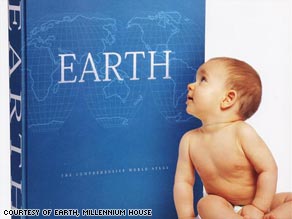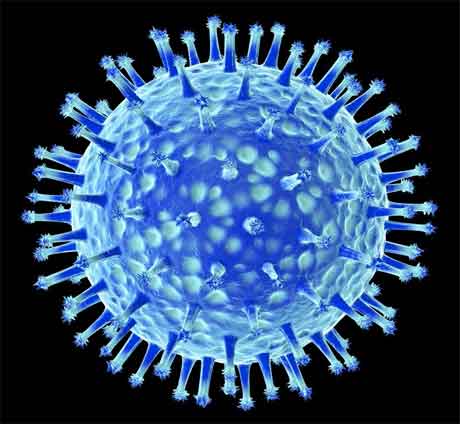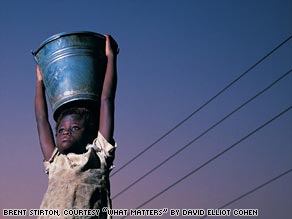 From MSNBC/Reuters:
From MSNBC/Reuters:Program turns computer screen black if installed software fails validation
BEIJING - Chinese Internet users have expressed fury at Microsoft's launch of an anti-piracy tool targeting Chinese computer users to ensure they buy genuine software.
The "Windows Genuine Advantage" program, which turns the user's screen black if the installed software fails a validation test, is Microsoft's latest weapon in its war on piracy in China, where the vast majority of 200 million computer users are believed to be using counterfeit software, unwittingly or not.
"Why is Microsoft automatically connected with my computer? The computer is mine!" one angry blogger wrote on popular Chinese web portal Sina.com. "Microsoft has no right to control my hardware without my agreement."
Another blogger railed over the cost of authorized versions.
"If the price of genuine software was lower than the fake one, who would buy the fake one?" he wrote.
Read more ....

















